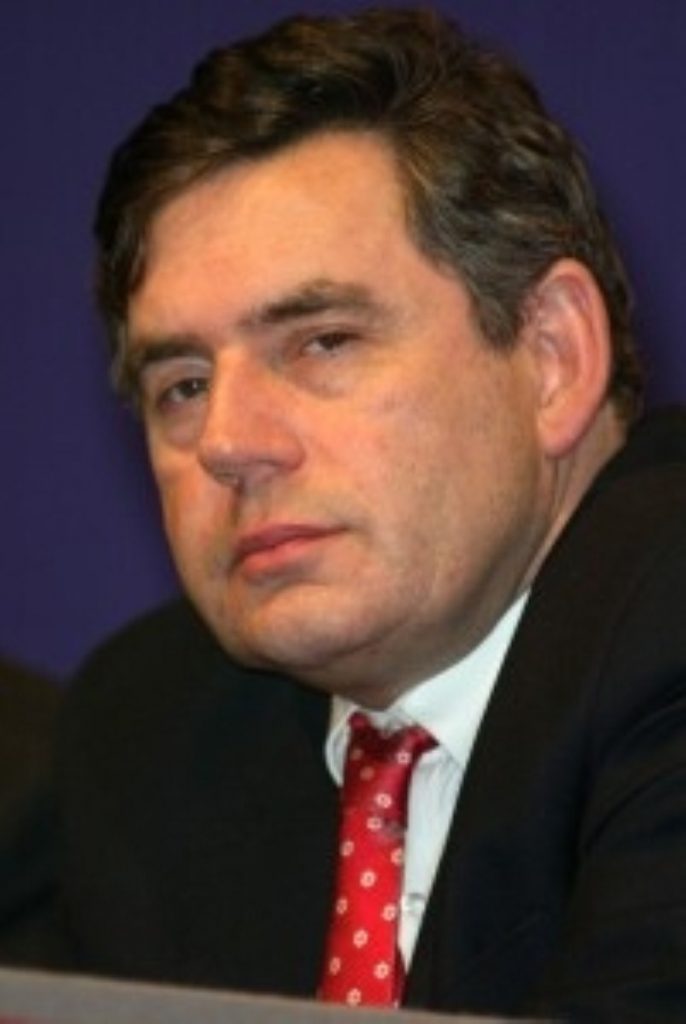Brown champions supremacy of five economic tests
Chancellor of the Exchequer Gordon Brown, in a bid to consolidate the Treasury’s role in the final say so on whether Britain should have a referendum of the single currency, yesterday weighted greater significance to the five economic tests ahead of political ‘dogma’ and individual ambition.
The tests constituted the ‘centrepiece’ of his deliberations on whether British will eventually ditch the pound in the not-too-distant future, and formed an ‘insurance policy’ against the kind of mistakes witnessed under the Tories, especially with respect to the decision to exit the exchange rate mechanism.
Speaking to BBC1’s Breakfast with Frost, Mr. Brown said: ‘Nobody has ruled out a referendum as an act of dogma in this parliament.
‘Economics and not dogma will be the final test,’ he said.


Mr. Brown dismissed talk of a pact between himself and Tony Blair which would see the PM step down after the decision was taken if Mr. Brown fell into line on the euro.
‘There is no pact. There is nothing of that kind. The issue is what is the best way of pursuing the national economic interest, he claimed.
Mr. Brown insisted the decision on the single currency referendum, set for June 9th, would be debated in cabinet and collective responsibility would reign.
However, he would argue his own corner over the dominance and centrality of the tests.
‘So when I make the statement to parliament on June 9th, the focus will be on these five economic tests that define the economic interest of the country, how we can have high and stable levels of employment and growth for Britain. That is why I think businessmen will welcome the fact that it is the national economic interest that will be the decisive factor.’
Culture Secretary Tessa Jowell reiterated the mantra that the decision will be ultimately economic one and not political.
‘Ultimately the decision as to whether we take the decision to join the euro must be based on the economic case and the economic assessment.
‘If you have a look at what the Prime Minister and the Chancellor are saying, it is absolutely consistent. The policy has not changed since 1997.’
In contrast to Mr. Brown’s apparent lack of dogmatism on the issue, Shadow Defence Secretary Bernard Jenkin yesterday admitted he was personally against the euro ‘in principle.’
Shadow Chancellor Michael Howard, speaking on BBC Radio Four’s ‘The World This Weekend’, demanded the Government publish the assessment ‘now’ in order to avoid ‘three weeks of leak and counter-leak’.












